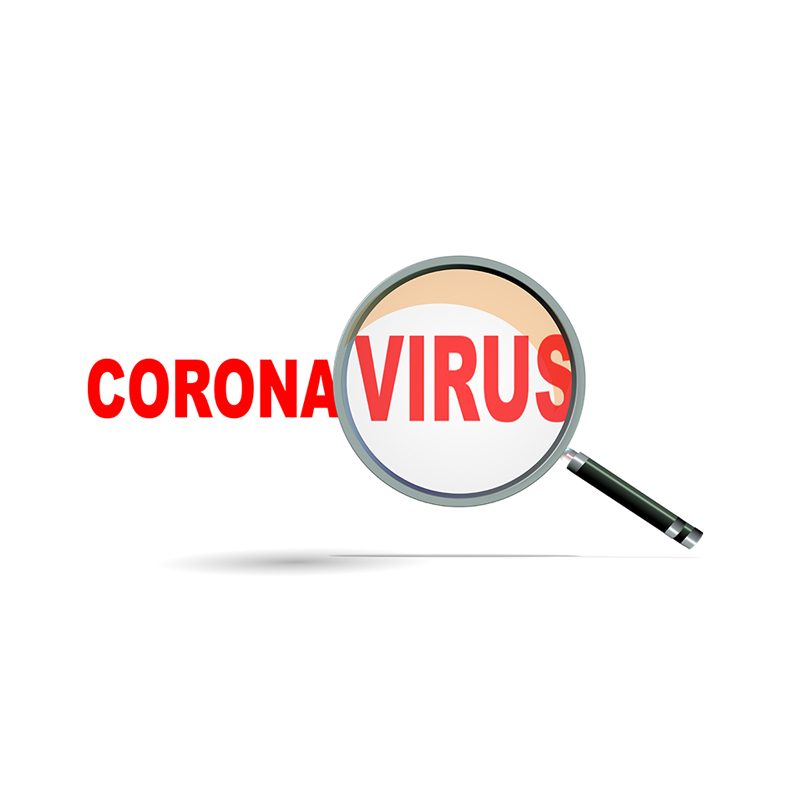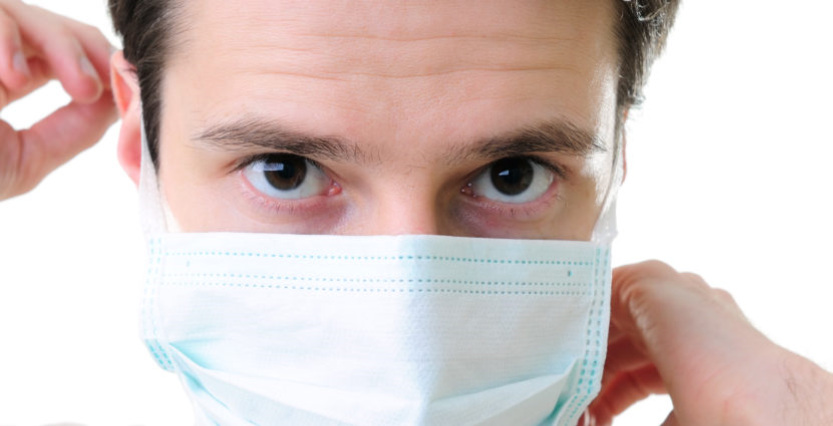Coronavirus – INFORMATION AND PREVENTIVE MEASURES

All our clients must make an appointment by telephone before entering one of the CSCE sites. You don’t have an appointment? Call before you show up. Thank you for your collaboration.
PLEASE PUT A MASK AND WASH YOUR HANDS WHEN YOU ENTER THE CSCE.
CSCE Preventive measures (PDF)
Important!
 If you have at least one of the following symptoms: fever and/or new onset of cough or difficulty breathing OR at least two of the following symptoms:
If you have at least one of the following symptoms: fever and/or new onset of cough or difficulty breathing OR at least two of the following symptoms:
- chills
- muscle aches
- fatigue
- headache
- sore throat
- nasal congestion
- lost sense of taste or smell
- digestive issues (nausea/vomiting, diarrhea, stomach pain)
- for young children and infants: sluggishness or lack of appetite
Contact us by phone or call Telehealth Ontario at 1-866-797-0000.
Please note that due to the exceptionally high call volume, the CSCE phone lines may be busy when you call. We sincerely apologize for the inconvenience and thank you for your patience and understanding.
Coronavirus
Coronaviruses are a large family of viruses that can cause illnesses ranging from the common cold to more serious respiratory infections like bronchitis, pneumonia or severe acute respiratory syndrome.
Coronaviruses are spread mainly from person to person through close contact, for example, in a household, workplace or health care centre.
Your risk of severe disease may be higher if you have a weakened immune system. This may be the case for:
- older people
- people with chronic disease (for example, diabetes, cancer, heart, renal or chronic lung disease)
Treatment
Symptoms range from mild – like the flu and other common respiratory infections – to severe.
Complications from the 2019 novel coronavirus can include serious conditions, like pneumonia or kidney failure, and in some cases, death.
There are no specific treatments for coronaviruses, and there is no vaccine that protects against coronaviruses. Most people with common human coronavirus illnesses will recover on their own.
You should:
- drink plenty of fluids
- get rest and sleep as much as possible
- try a humidifier or a hot shower to help with a sore throat or cough
If you start to feel symptoms of COVID-19
- Anyone who begins to feel unwell (fever, new cough or difficulty breathing) should return home and self-isolate immediately.
- People who are self-isolating should seek clinical assessment over the phone – either by calling their primary care provider’s office or Telehealth Ontario 1-866-797-0000. If you need additional assessment, your primary care provider or Telehealth Ontario will direct you to in-person care options.
If you need immediate medical attention you should call 911 and mention your travel history and symptoms.
How to protect yourself
Coronaviruses are spread mainly from person to person through close contact, for example, in a household, workplace or health care centre.
There is no vaccine available to protect against the 2019 novel coronavirus, but there are actions you can take to help prevent the spread of germs that cause respiratory illnesses.
Everyday actions
Take these everyday steps to reduce exposure to the virus and protect your health:
- wash your hands often with soap and water or alcohol-based hand sanitizer
- sneeze and cough into your sleeve
- avoid touching your eyes, nose or mouth
- avoid contact with people who are sick
- stay home if you are sick
Poster: What you need to know to help you and your family stay healthy
Physical distancing
Everyone in Ontario should be practicing physical distancing to reduce their exposure to other people.
Everyone in Ontario should do their best to avoid close contact with people outside of their immediate families. Close contact includes being within two (2) meters of another person.
If you believe you have been exposed to someone with COVID-19 symptoms, you should begin to self-monitor for a period of 14 days. This means that, in addition to physical distancing, you should track how you feel. You should take your temperature daily and log any other symptoms that develop (for example, sore throat, new cough). You can share these records with your primary care provider over the phone if you seek assessment services.
How to self-isolate
Self-isolating means staying at home and avoiding contact with other people to help prevent the spread of disease to others in your home and your community.
All persons over 70 years of age and individuals who are immunocompromised are advised to self-isolate. This means that you should only leave your home or see other people for essential reasons. Where possible, you should seek services over the phone or internet or ask for help from friends, family or neighbours with essential errands.
When self-isolating you should:
Stay home
- do not use public transportation, taxis or rideshares
- do not go to work, school or other public places
- your health care provider will tell you when it is safe to leave
Cover your coughs and sneezes
- cover your mouth and nose with a tissue when you cough or sneeze
- cough or sneeze into your upper sleeve or elbow, not your hand
- throw used tissues in a lined waste basket, and wash your hands. Lining the wastebasket with a plastic bag makes waste disposal easier and safer.
- after emptying the wastebasket wash your hands
Wash your hands
- wash your hands often with soap and water
- dry your hands with a paper towel, or with your own cloth towel that no one else shares
- use an alcohol-based hand sanitizer if soap and water are not available
Poster: How to self-isolate.
For more information and latest news:
www.BSEO.ca/coronavirus
www.Ontario.ca/coronavirus
www.Canada.ca/coronavirus